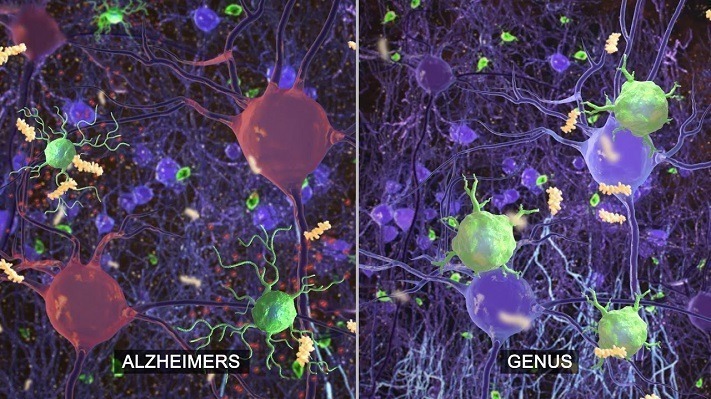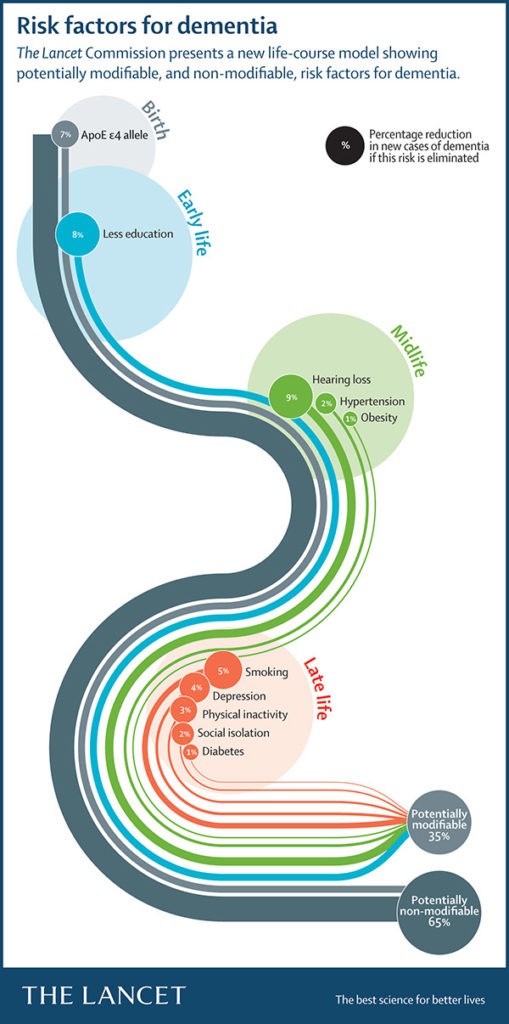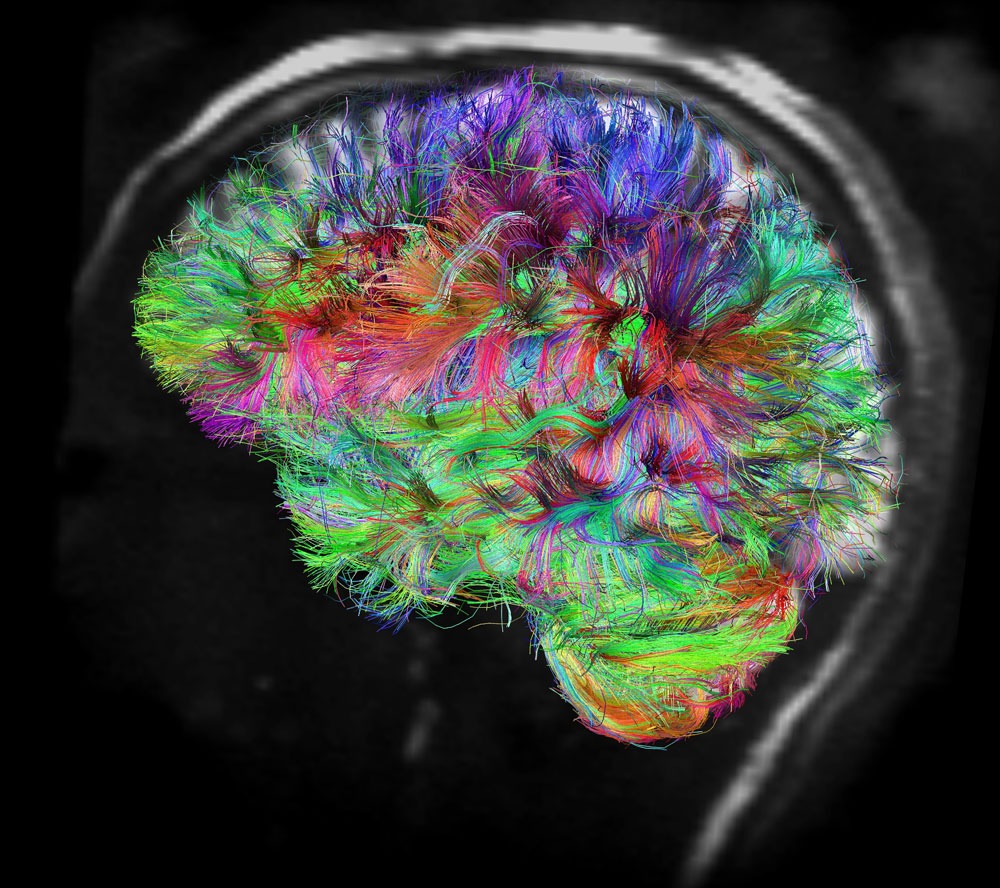Posts Tagged ‘cognitive-symptoms’
Questions grow about the validity and usefulness of direct-to-consumer blood tests for Alzheimer’s Disease
For the first time, people worried about their risk of Alzheimer’s disease can go online, order a blood test, and receive results in the privacy of their homes. This might seem appealing on the surface, but the development has Alzheimer’s researchers and clinicians up in arms. The Quest Diagnostics blood test, AD-Detect, measures elevated levels of amyloid-beta…
Read MoreNeurostimulation device GammaSense by Cognito Therapeutics secures FDA Breakthrough Device Designation to explore Alzheimer’s Disease applications
Cognito Therapeutics nets FDA breakthrough label for light, sound therapy for Alzheimer’s disease (Fierce Biotech): Using specific frequencies of flashing lights and sounds to stimulate the brain’s electrical activity, Cognito Therapeutics believes it can help treat Alzheimer’s disease by energizing neurons and reactivating the immune system.
Read MoreUpdate: 35% of worldwide dementia cases could be prevented by modifying these 9 modifiable risk factors
Time for SharpBrains’ July e‑newsletter, featuring fascinating scientific findings, emerging brain health practices and insights…and some fun teasers. New research Let’s start with the key take-aways from a new and very insightful evidence review which found nine modifiable risk factors for dementia — accounting for 35% of all cases: — Education by age 15 (during early life) —…
Read MoreReport: 35% of worldwide dementia cases could be prevented by modifying these 9 modifiable risk factors
The Lancet Commission: One Third of Dementia May Be Preventable (Lancet report release): “Today’s findings are extremely hopeful,” said Maria Carrillo, PhD, chief science officer at the Alzheimer’s Association. “At an individual level, many people have the potential to reduce their risk of cognitive decline, and perhaps dementia, through simple, healthful behavior changes. At a…
Read MoreUpdate: To improve sleep, combine general sleep hygiene with mindful and cognitive techniques
———- Had a good night’s sleep? We hope you did, so you can fully enjoy all the fascinating articles and brain teasers in the new edition of SharpBrains’ eNewsletter…including excellent advice on how to combine general sleep hygiene with mindful and cognitive techniques, and a book giveaway. Happy reading! New thinking: For a good night’s rest,…
Read MoreStudy: For cognitive training to work, it must induce neuroplasticity in brain regions that matter
Over the last several years, cognitive training has received large amounts of public interest and support because reliably improving cognitive performance would have wide reaching applications in clinical populations, older adults, and the public at large. For example, cognitive training could
Read More




